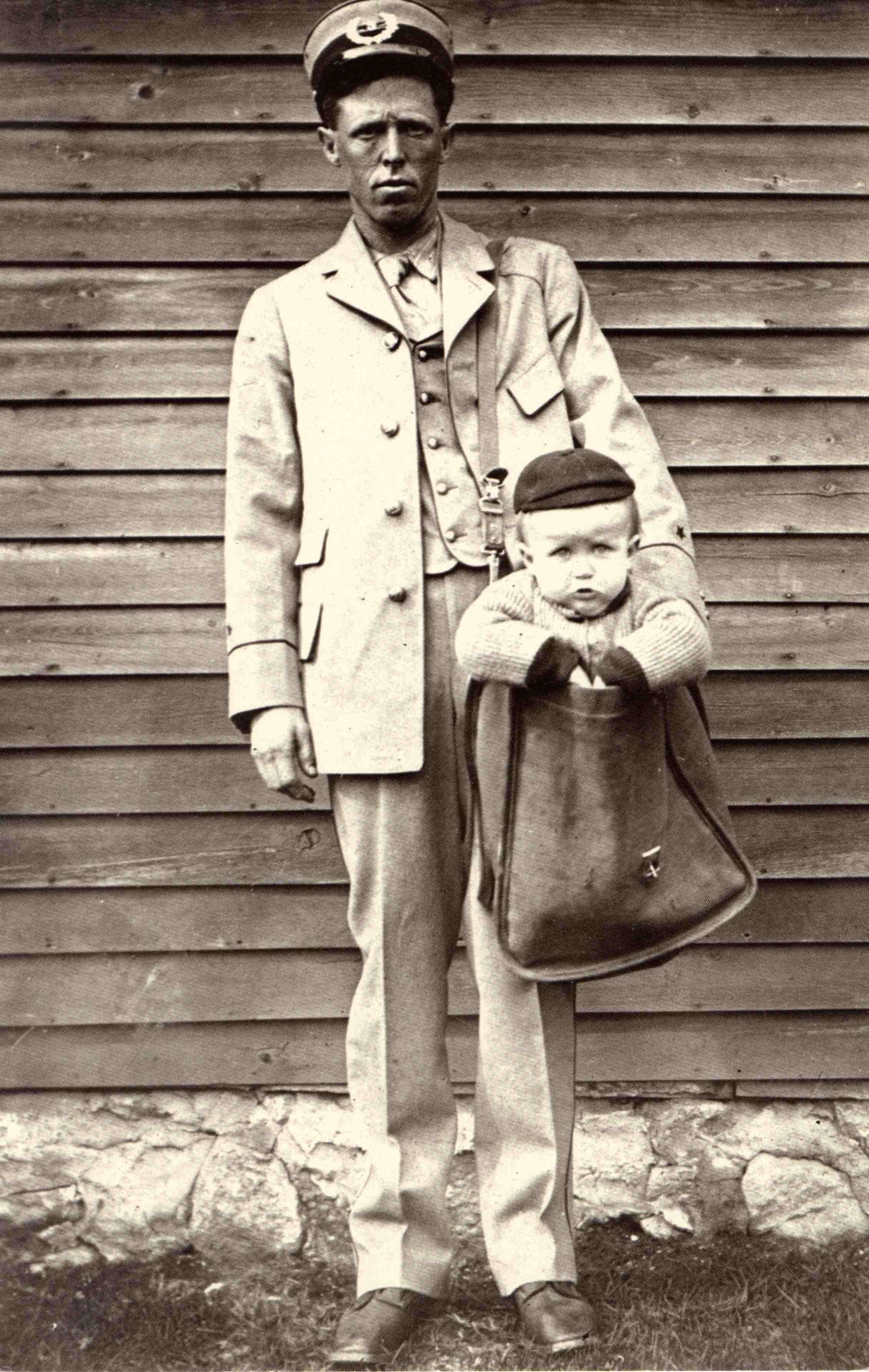I was an early adopter of Gmail in 2004, back when you still couldn’t create accounts at will but had to get a code sent to your cellphone to complete the sign-up process. I still remember the disquiet I felt the first time ads seemed to be targeting me based on keywords in my messages. A decade later, I’m pretty much sick of the service, “free” though it is. It’s such clutter now, with so many of my emails filtered into the wrong folders and numerous “great offers” sent to me that I don’t want. I need to switch to an email that’s stripped down and simplified.
From Harry McCracken’s new Time article, “How Gmail Happened“:
“The first true landmark service to emerge from Google since its search engine debuted in 1998, Gmail didn’t just blow away Hotmail and Yahoo Mail, the dominant free webmail services of the day. With its vast storage, zippy interface, instant search and other advanced features, it may have been the first major cloud-based app that was capable of replacing conventional PC software, not just complementing it.
Even the things about Gmail that ticked off some people presaged the web to come: Its scanning of messages to find keywords that could be used for advertising purposes kicked off a conversation about online privacy that continues on to this day.
Within Google, Gmail was also regarded as a huge, improbable deal. It was in the works for nearly three years before it reached consumers; during that time, skeptical Googlers ripped into the concept on multiple grounds, from the technical to the philosophical. It’s not hard to envision an alternate universe in which the effort fell apart along the way, or at least resulted in something a whole lot less interesting.
‘It was a pretty big moment for the Internet,’ says Georges Harik, who was responsible for most of Google’s new products when Gmail was hatched. (The company called such efforts ‘Googlettes’ at the time.) ‘Taking something that hadn’t been worked on for years but was central, and fixing it.'”
Tags: Harry McCracken

